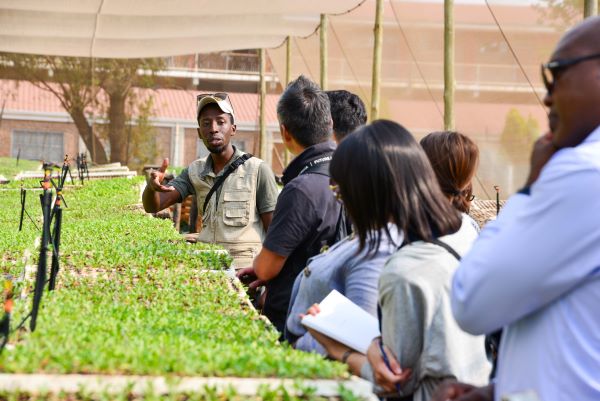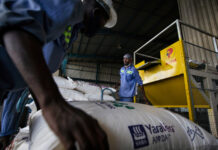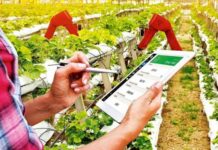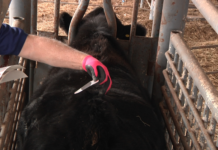Two young bio scientists are using science and technology to produces fast turnover vegetable seedlings.
By: Nonhlanhla Ntuli
Extreme weather conditions caused by climate change make it difficult for farmers to grow quality produce. As concerns around food shortages continue to intensify, there is pressure on the farming sector to grow produce despite challenges caused by climate change.
Climate smart solutions
Farming enables communities to become self-sufficient and fight poverty; however, this becomes difficult when climate change leads to increased temperatures, extreme weather conditions and invasive crops and pests.
To address these challenges, Andile Gcaza, co – founded Evergrow in 2018 with Phetole Raseropo. The bio scientists saw a gap in the market to use science and technology to help emerging farmers grow their vegetables. The Soweto based business produces over a million seedlings per quarter.
“We provide farmers with professional seedlings, sustainable crop protection and fertigation input to enable them to grow their produce and business,” said Gcaza.
By using science and technology, Evergrow is helping farmers deal with low productivity, lack of technical crop production, and business skills. “Our clients range from farmers with large hectares of land to informal street vendors, retailers, culinary operations, and produce distribution centres,” said Gcaza.
Farmers are negatively affected by climate change, and this reduces crop production and the nutritional quality of their produce. Sustainable and innovative solutions need to be implemented to help the agriculture sector deal with these challenges.
Job creation and skills transfer
In September the Economic Sectors, Investment, Employment, and Infrastructure Development Cluster revealed that the agriculture sector is creating jobs.
The number of people employed in the sector increased by 6.6% in the first quarter of 2022, from 792 000 people in the first quarter of 2021 to 844 000 people in the same quarter of 2022.
Apart from helping emerging farmers grow their vegetables, the business also participates in skills exchange programmes that offer practical horticultural skills transfer. “Over 60% of our workforce are young women who are either passionate about farming or are agriculture graduates,” said Gcaza.
South Africa’s farming sector is progressive and small and commercial farmers are proactively using science and technology to fight against climate change. Innovative business models like this are creating jobs, making food accessible and growing the local economy. When given a chance, young entrepreneurs can play a vital role in solving challenges faced by farmers.









